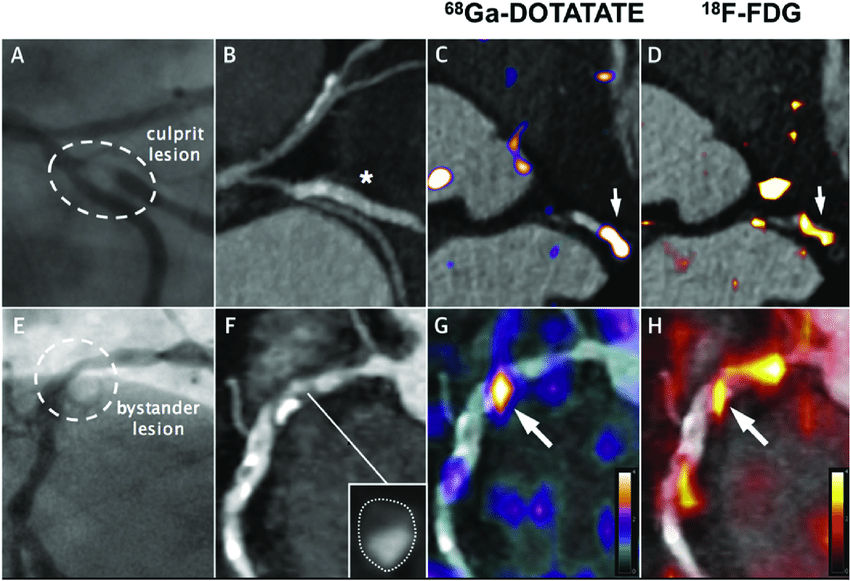Development of PET-CT imaging in mouse models to screen for new anti-inflammatory therapies
Project Lead
Dr Kirsten Bubb, Monash University
Project Team
Dr Ben Chen, Monash University; Dr Denuja Karunakaran, Monash University; Dr Jordyn Thomas, Monash University
Project Summary
Problem
Cardiovascular disease ranks as the leading global cause of mortality, largely attributed to coronary artery atherosclerosis and resulting myocardial infarction due to plaque instability and thrombosis. Inflammation significantly exacerbates plaque vulnerability, underscoring the critical need for early intervention strategies aimed at reducing coronary inflammation and preventing adverse cardiovascular events.
Solution
This project addresses these challenges by investigating novel anti-inflammatory therapies using advanced preclinical models and precise in vivo phenotyping, with a specific focus on modulating clonal haematopoiesis of indeterminate potential (CHIP). Leveraging 68Ga-DOTATATE PET-CT, originally a diagnostic tool in oncology, the study aims to enhance early detection of progressive atherosclerosis by targeting inflammatory markers. This approach holds promise for identifying high-risk individuals earlier and facilitating prompt therapeutic interventions to mitigate disease progression.
Impact
The development of 68Ga-DOTATATE PET-CT as a diagnostic tool for imaging plaque vulnerability is poised to have a transformative impact. By enabling early identification of individuals at heightened risk of cardiovascular events, particularly those with CHIP, this innovation could accelerate the development of targeted therapeutic strategies. Ultimately, this research seeks to reduce the socioeconomic burden of cardiovascular disease through more effective treatments informed by a deeper understanding of plaque inflammation dynamics and its modulation.

